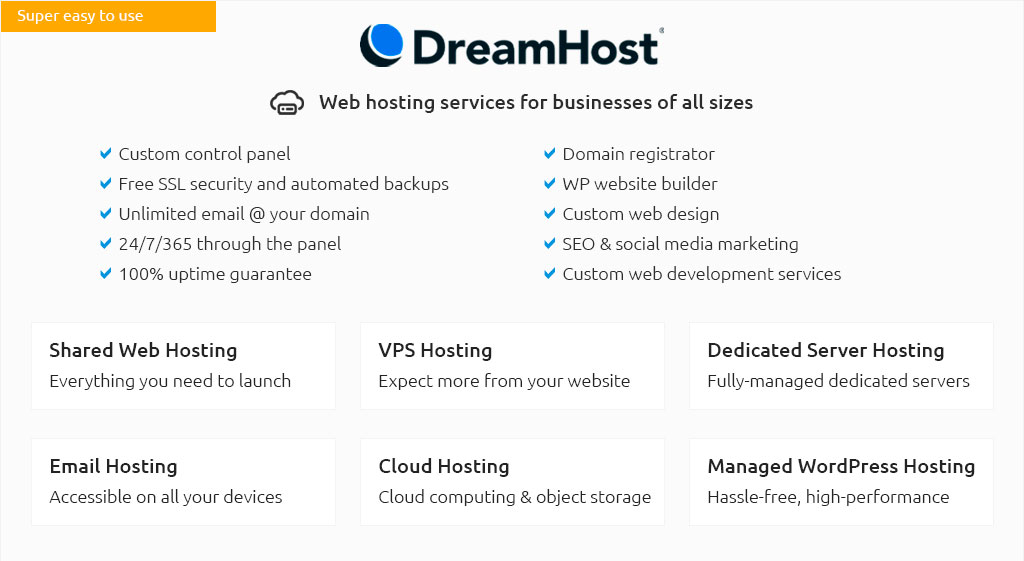 |
|||
 |
 |
 |
|
 |
|
 |
 |
 |
|||
 |
|||
 |
|||
 |
|||
 |
 |
|
Welcome to the ultimate showdown in web hosting: shared hosting vs cloud hosting-where your choice defines your online future; picture shared hosting as a bustling digital apartment complex, economical yet limited by its shared resources, while cloud hosting emerges as a dynamic skyscraper, flexible and scalable, with the power to soar as high as your ambitions; our web hosting reviews cut through the noise to deliver bold insights and real-world comparisons, empowering you to make a confident decision that propels your digital presence to unprecedented heights-because in the world of web hosting, mediocrity isn't an option, and neither should it be for you.
https://www.siteground.com/kb/difference-shared-cloud-dedicated-hosting/
In shared hosting, many websites share the space of one physical server and its resources. Cloud hosting is much more powerful as you get a whole server all by ... https://www.reddit.com/r/webhosting/comments/ubnl5e/shared_hosting_vs_cloud_hosting/
I've been reading up on this sub to understand the difference between shared hosting and cloud hosting. https://www.bluehost.com/blog/cloud-vs-shared-hosting-what-you-need-to-know/
Cloud hosting can be more energy-efficient compared to traditional shared hosting. It uses virtual resources to make sure physical servers use ...
|